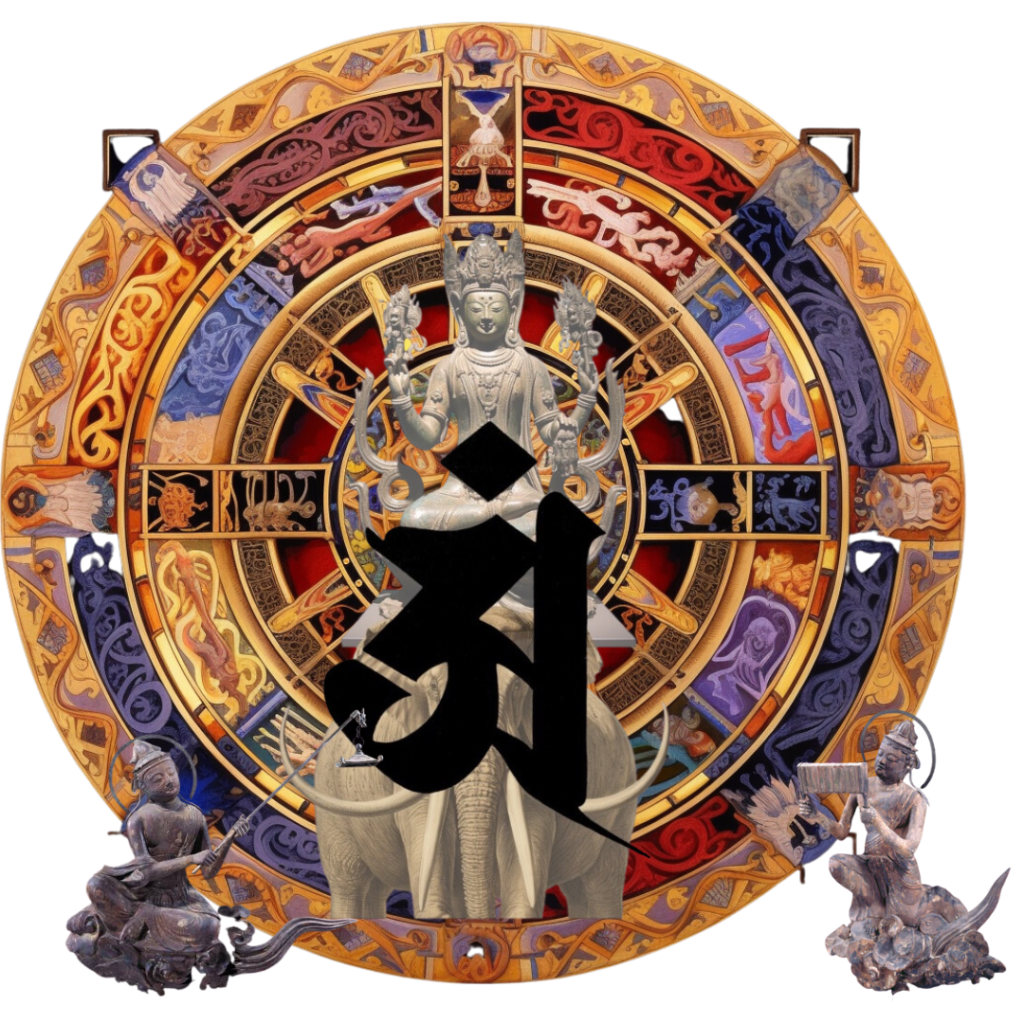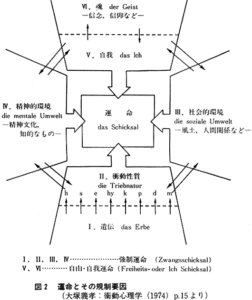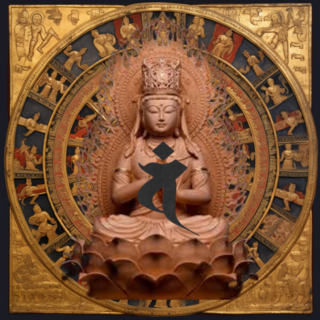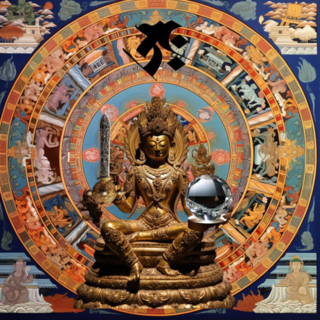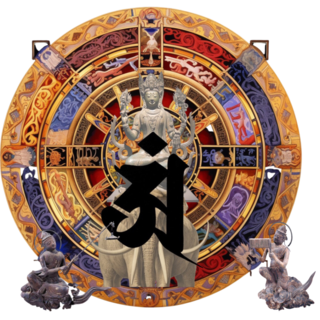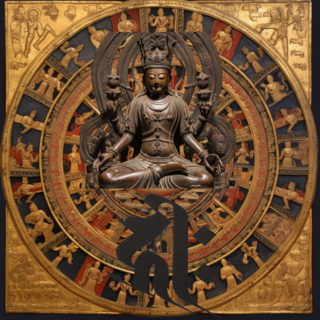というのは、人間は、本来もって生まれた先天的なものと環境のもとで培った、後天的なものとの組み合わせだからです。
ソンディの「運命分析学」は、遺伝と環境を統合させた新しい学説といえます。
ソンディの運命分析理論の画期的なところは、運命を「人間の隠された生活プラン」と考えており、宿命としてあきらめてしまわず、人間は選択する意思をもつというところに存在意義をみとめている点です。
つまり、ソンディの運命分析治療とは、運命を、宿命としてただ受け入れるだけでなく、運命というものを知りながら、より正しい運命可能性(Schicksals-moglichkeit)を示唆し、その運命可能性に対して、援助活動をすることであり、それが心理治療だといっています。
| 強制運命、自由運命 |
| ソンディは、運命には、 強制運命(ツバングスシクザール、Zwang-Schicksal) …自分の力では、どうすることもできない宿命で、 受容することによって、開かれる運命自由運命(フライハイトシクザール、Freits-Schicksal) …選択することによって開かれる運命 の、2つがあるとしました。 |
| 三つの無意識構造 |
| 【1】個人的コンプレックス (フロイド、症状である身体症状という身体言語であらわる)【2】集合無意識(ユング、シンボルという象徴言語で語りかける)【3】家族的無意識(ソンディ、選択言語で語りかける) |
| 自由運命 |
| ソンディは、家族無意識は、 5つの選択言語で表されるといっています。【1】愛(何故多くの人から彼女を選んだのか?) 【2】 友人 【3】職業(何故この職業を選んだのか?) 【4】 疾病(何故この病気になったのか?) 【5】 死 (もし死を選ぶとしたらどんな死を選ぶのか?) |
| )運命を規定するもの |
| ソンディは、運命を規定するものとして以下の6つをあげています。1、 生物学的レベルでの遺伝 (das Erbe) 2、 同じく生物学的レベルでの衝動性質 (die Triebnatur) 3、 社会的環境(die soziale Umwelt) 風土、人間関係など 4、 精神的環境(die mentale Umwelt)精神的文化、知的なもの 5、 自我(das Ich) 6、 魂(der Geist) 信念、信仰など |
Fate studies alone do not determine human beings.
This is because human beings are a combination of naturally-born congenital things and acquired ones cultivated in the environment.
Sondy's "Fate Analysis" is a new theory that integrates genetics and environment.
The epoch-making point of Songdy's theory of fate analysis considers fate as "hidden human life plan" and does not give up as a fate, but human beings have the intention to choose, and the existence significance is found. Is the point.
In other words, Songdi's fate analysis treatment not only accepts fate as fate, but also suggests a more correct fate possibility (Schicksals-moglichkeit) while knowing fate, It's about helping, and it's called psychotherapy.
Forced fate, free fate
Sondy, for fate, forced fate (Zwang-Schicksal)
… Fate that I cannot do anything with my own power,
Destiny opened by accepting Free fate (Flyheight-Schicksal)
… Destiny opened by choosing
There are two of them.
Three unconscious structures
[1] Personal complex
(Floyd, the physical language that is a symptom, which is a symptom) [2] Collective unconsciousness (speaks in the symbolic language Jung, symbol) [3] Family unconsciousness (sondi, speaks in the selected language)
Free fate
Sondy is unconscious of the family
It is said to be expressed in five selected languages.
[1] Love (Why did you choose her from so many people?)
[2] friend
[3] Occupation (Why did you choose this occupation?)
[4] Disease (Why did you get this?)
[5] Death (What kind of death would you choose if you chose death?)
) What defines fate
Sondy lists the following six as defining fate. 1, biological level inheritance (das Erbe)
2. Impulsive nature at the same biological level (die Triebnatur)
3, social environment (die soziale Umwelt) climate, human relationships, etc.
4, mental environment (die mentale Umwelt) mental culture, intellectual
5, the ego (das Ich)
6. Soul (der Geist) Belief, Faith, etc.
【このカテゴリーの最新記事】
-
no image


